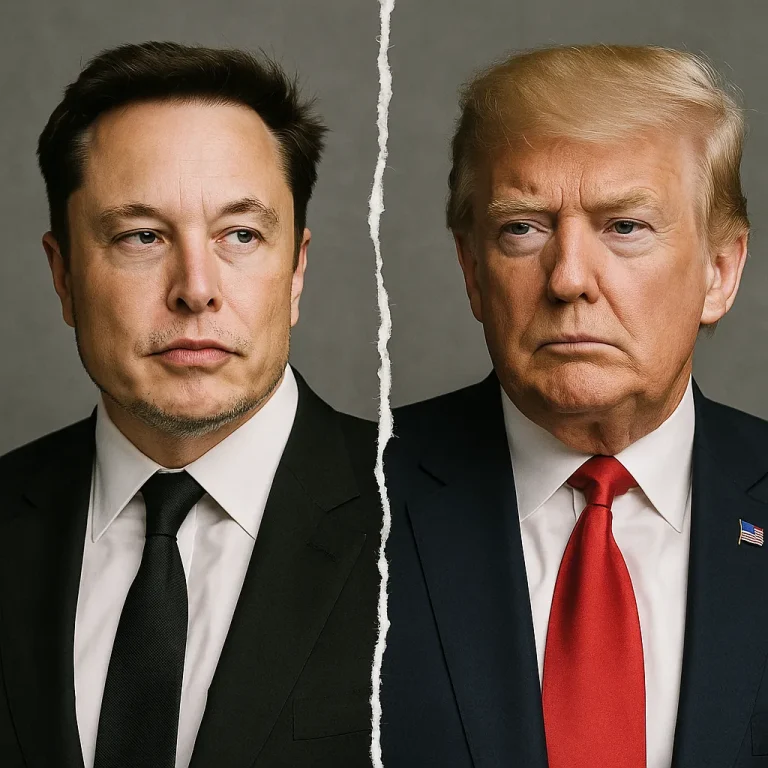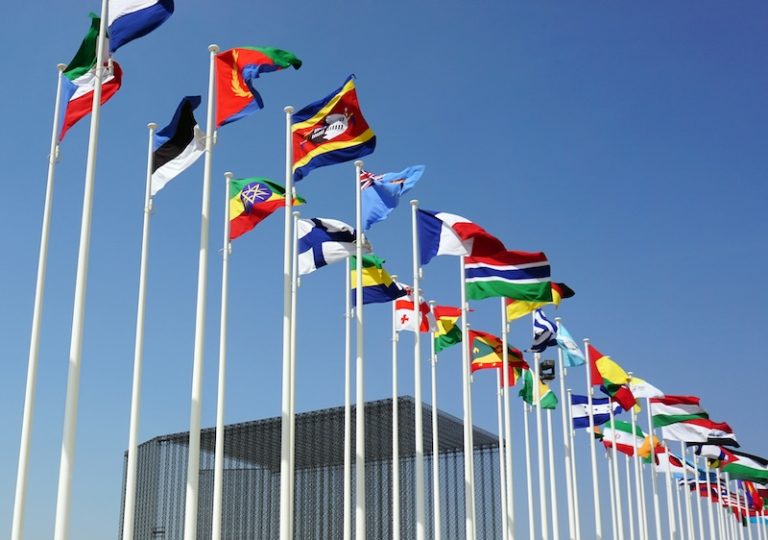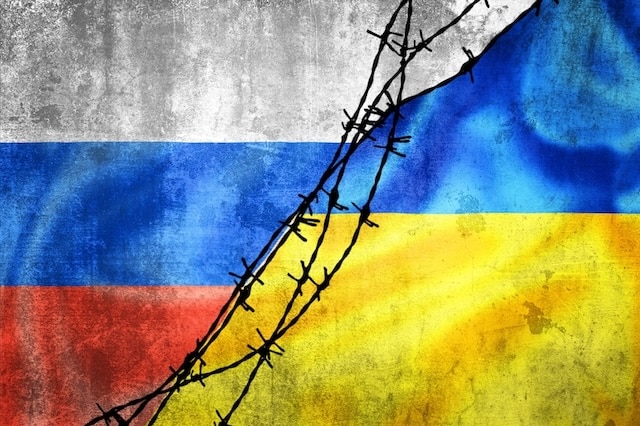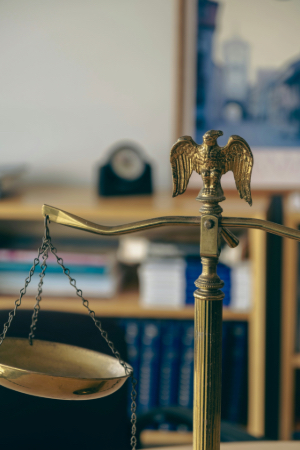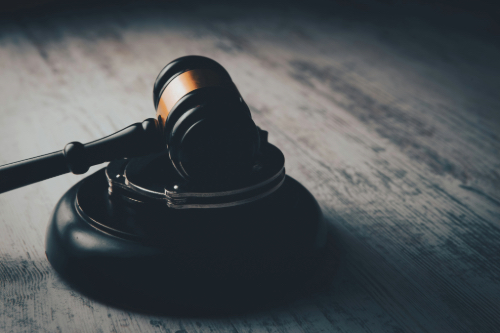
Photo: Unsplash
International Criminal Court under pressure again.
By PeanutsChoice | Citizen of Europe
The Court on Trial
Not long ago, it seemed safe to assume that international law—however delayed—would eventually prevail. But in recent years, the system meant to hold war criminals accountable is itself facing unprecedented retaliation.
Rather than welcoming scrutiny, some of the world’s most powerful nations are now using their influence to discourage or outright punish legal probes. And those in the crosshairs aren’t the perpetrators—but the very people trying to investigate them.
The ICC Under Siege
Set up at the start of the 21st century, the International Criminal Court was tasked with an ambitious goal: to pursue those accused of the gravest offenses—regardless of office or nationality.
It was never expected to be easy. Several major powers opted not to join. And yet the court still has jurisdiction when serious abuses occur within the territories of member states—or when investigations are referred through the UN’s security body. This framework is precisely what brought figures from Russia, the U.S., and Israel under the court’s scrutiny in recent years.
That scrutiny has not gone unanswered.
Retaliation by Design
Efforts to sideline the court have evolved. What began as rhetorical disapproval has become something much more calculated.
Back in 2020, senior figures leading the court’s inquiries into actions in Afghanistan—including potential violations by U.S. forces—were placed under asset freezes and travel bans by Washington. Though later lifted, the message lingered.
By 2023, when the court’s warrant targeting Russia’s top leadership made headlines, Moscow responded in kind. Rather than engage legally, they issued their own warrants—naming court personnel as if to mirror legitimacy.
In the present moment, another line has been crossed. Sanctions targeting judges directly were recently announced by U.S. authorities, escalating the confrontation and expanding the list of those punished for enforcing international legal norms.
Co-opting the Tools of Justice
The scope of these penalties is no longer symbolic. Financial restrictions. Entry bans. Family members scrutinized. Reputation campaigns launched.
These tactics aren’t new—except for the target. What’s being used against the court’s magistrates are the very same levers often pulled to constrain warlords and despots.
This isn’t lawfare. It’s power—wielded not to protect the law, but to shield those who may stand accused.
Rome Statute in Practice
The treaty that created the court—crafted at the close of the 20th century—remains binding for over 120 nations. It spells out the crimes under its purview: genocide, crimes against civilians, wartime atrocities, and—more recently—acts of aggression.
Signatories are bound. But even non-members aren’t off the hook. Those operating on member soil can still be subject to prosecution. That’s not a theoretical reach; it has already shaped the court’s actions in conflicts where great powers were active.
When Fairness Meets Power
The backlash says more about the global order than it does about legal ethics. The pattern is now familiar: champions of “rules” until the rules target them. Then, suddenly, the court is accused of overreach, bias, or irrelevance.
Going after those who administer the law doesn’t just weaken an institution—it corrodes the entire premise of global justice.
Why Europe Cannot Look Away
The ICC didn’t appear out of nowhere. Its roots are firmly European—in geography, in vision, and in values. Its headquarters in The Hague is a symbol not just of legal accountability, but of moral resolve forged in the aftermath of a century defined by impunity.
If European governments abandon it now—because the targets of justice are inconvenient—the whole architecture of human rights enforcement risks collapse.
Closing Reflection
This was never supposed to happen. Courts weren’t meant to be intimidated into silence. But the backlash we’re witnessing could have chilling consequences.
Yes, the ICC has its imperfections. All institutions do. But turning its judges into political targets doesn’t fix those flaws—it opens the door for the worst abuses to continue unchecked.
If the legal guardians of humanity are punished for doing their jobs, who’s left to protect us from those who commit the crimes?
wRead the ICC Statement here: https://www.icc-cpi.int/news/international-criminal-court-deplores-new-sanctions-us-administration-against-icc-officials
Legal Notice
This article analyzes ongoing political and legal developments based on public records, legislative texts, and major news coverage. All names and statements are contextualized within reported facts. Citizen of Europe invites comment or clarification from any individual or institution referenced. Please contact [email protected].
Sources
Rome Statute (United Nations Treaty Collection)
Official ICC Publications
Human Rights Watch Reports
Politico Europe
Al Jazeera English
Reuters
AP Newswire
The Guardian
You may like: A Billionaire vs. A President: The Feud Explodes
